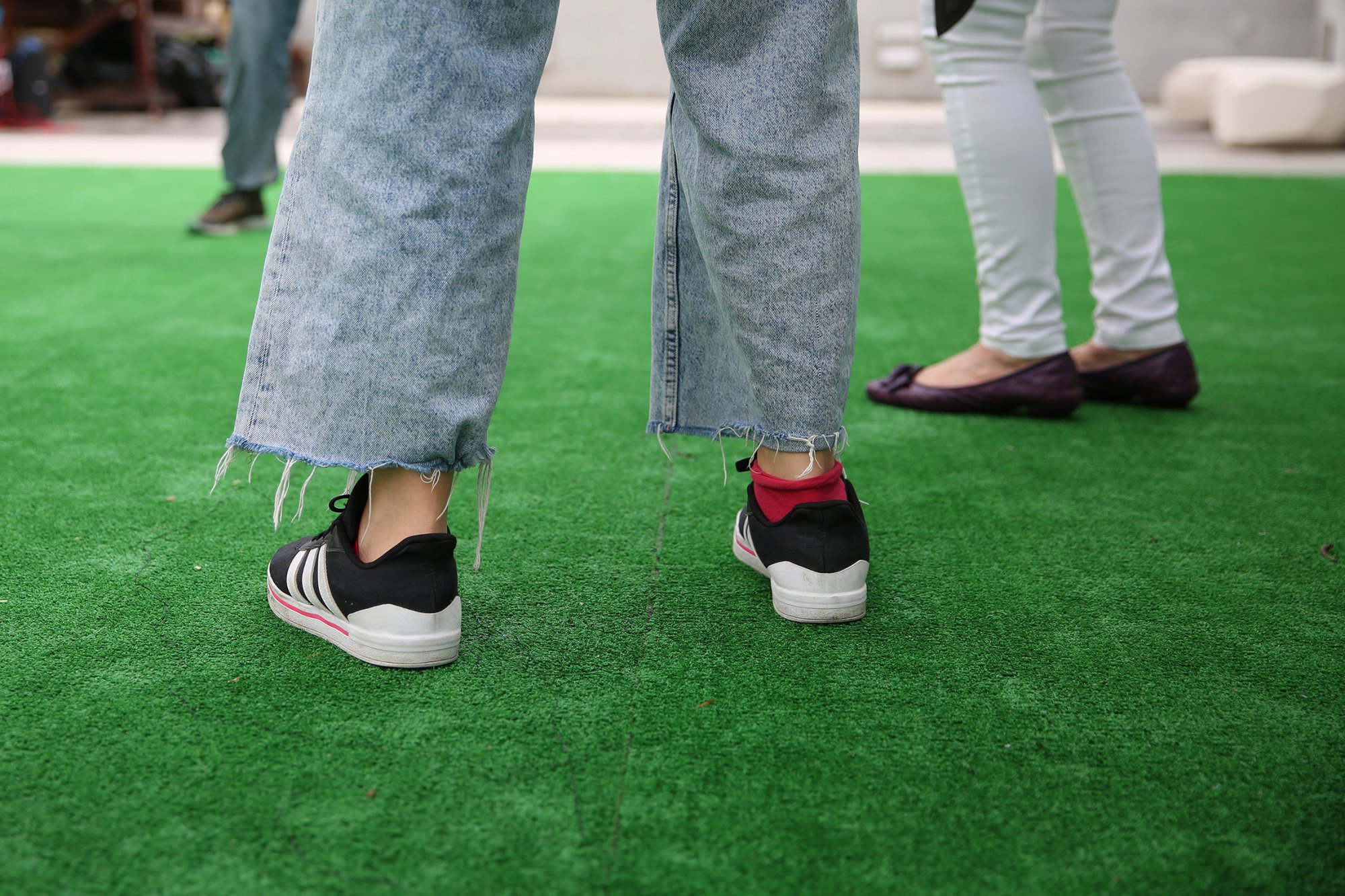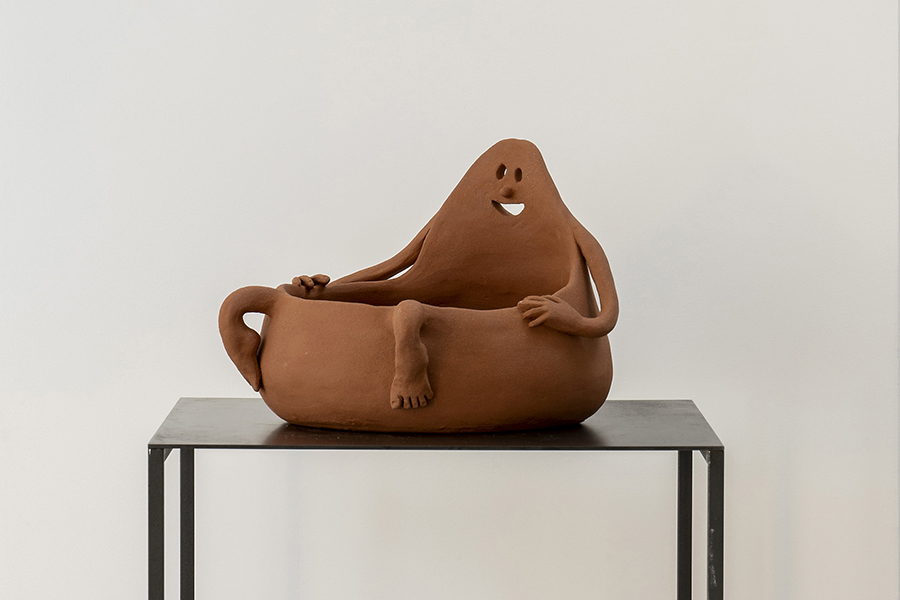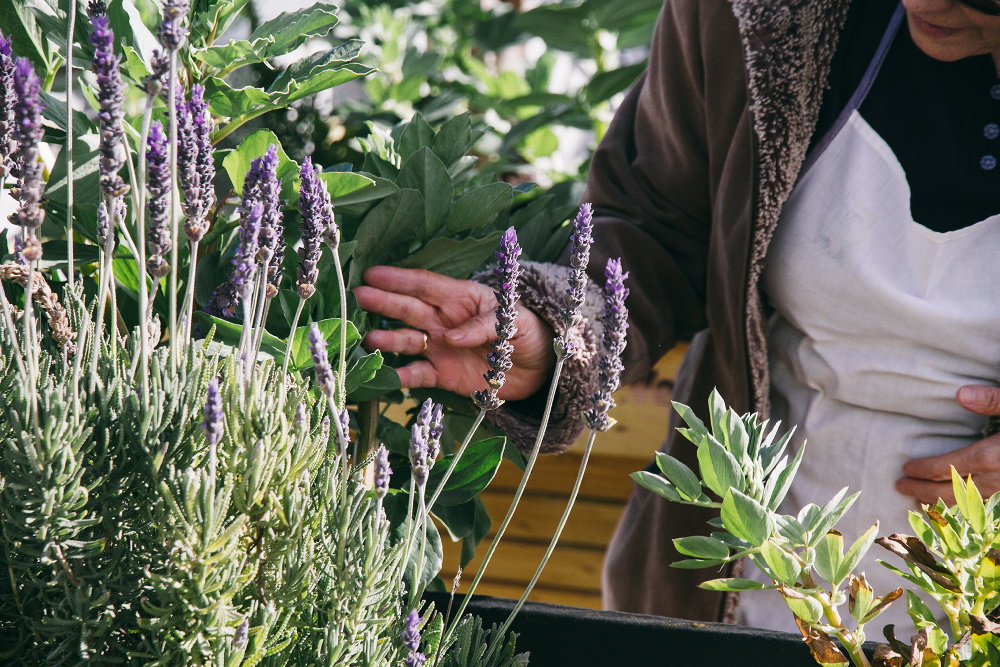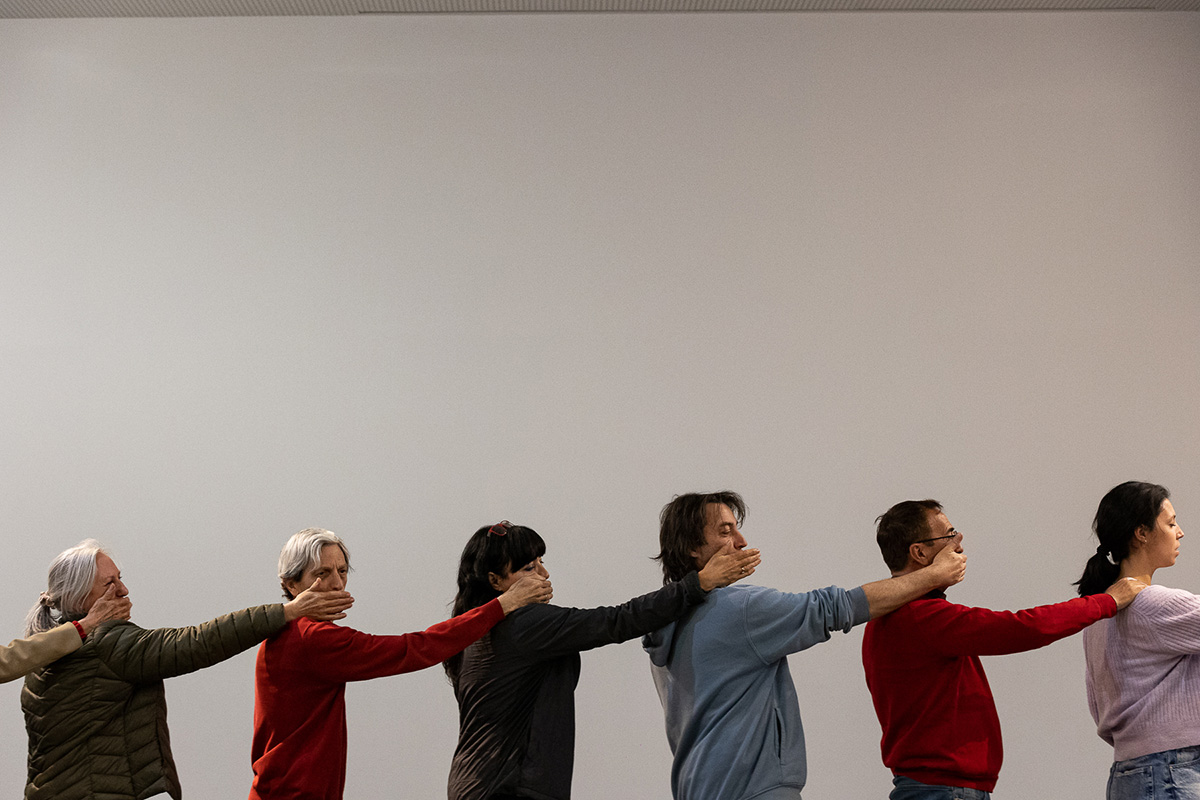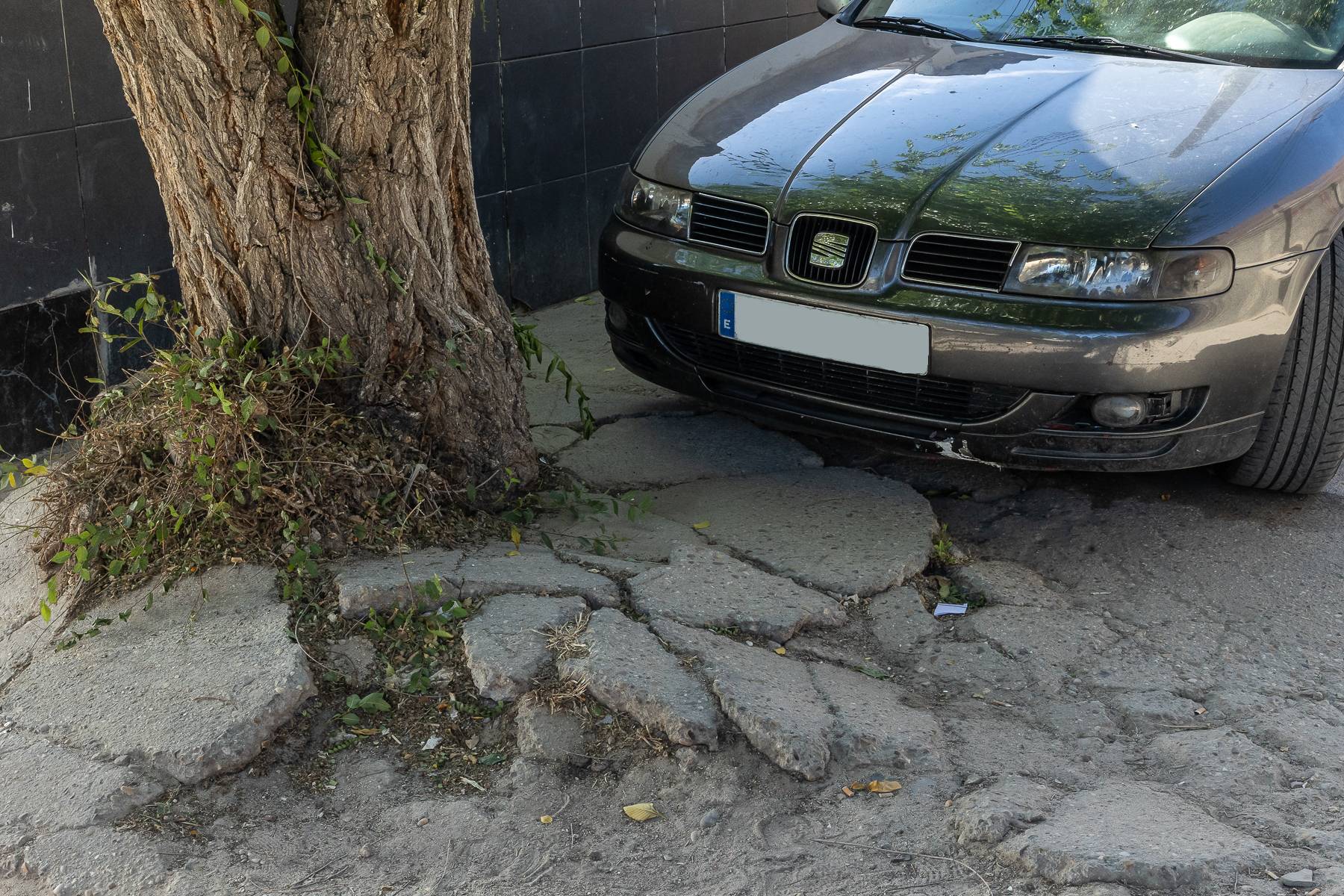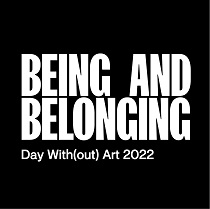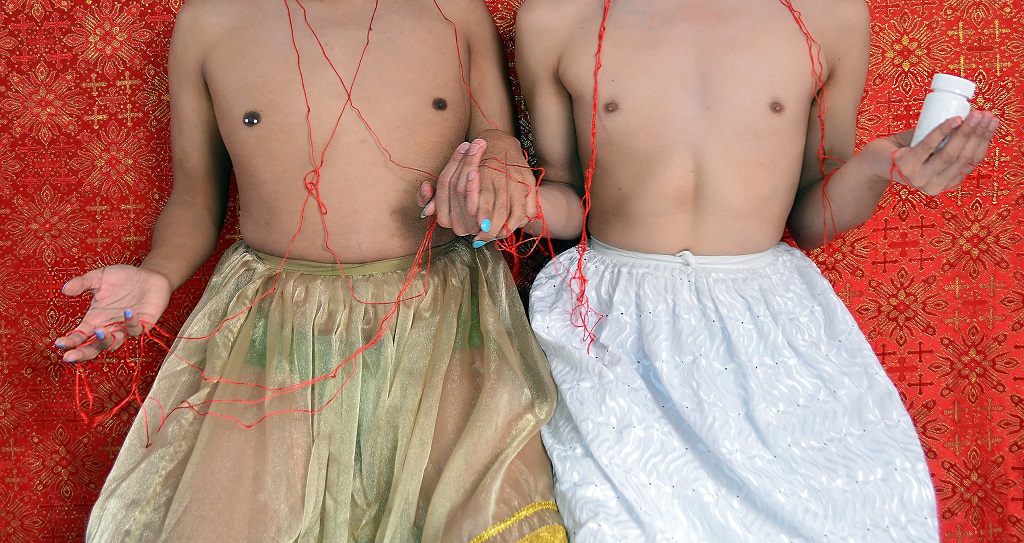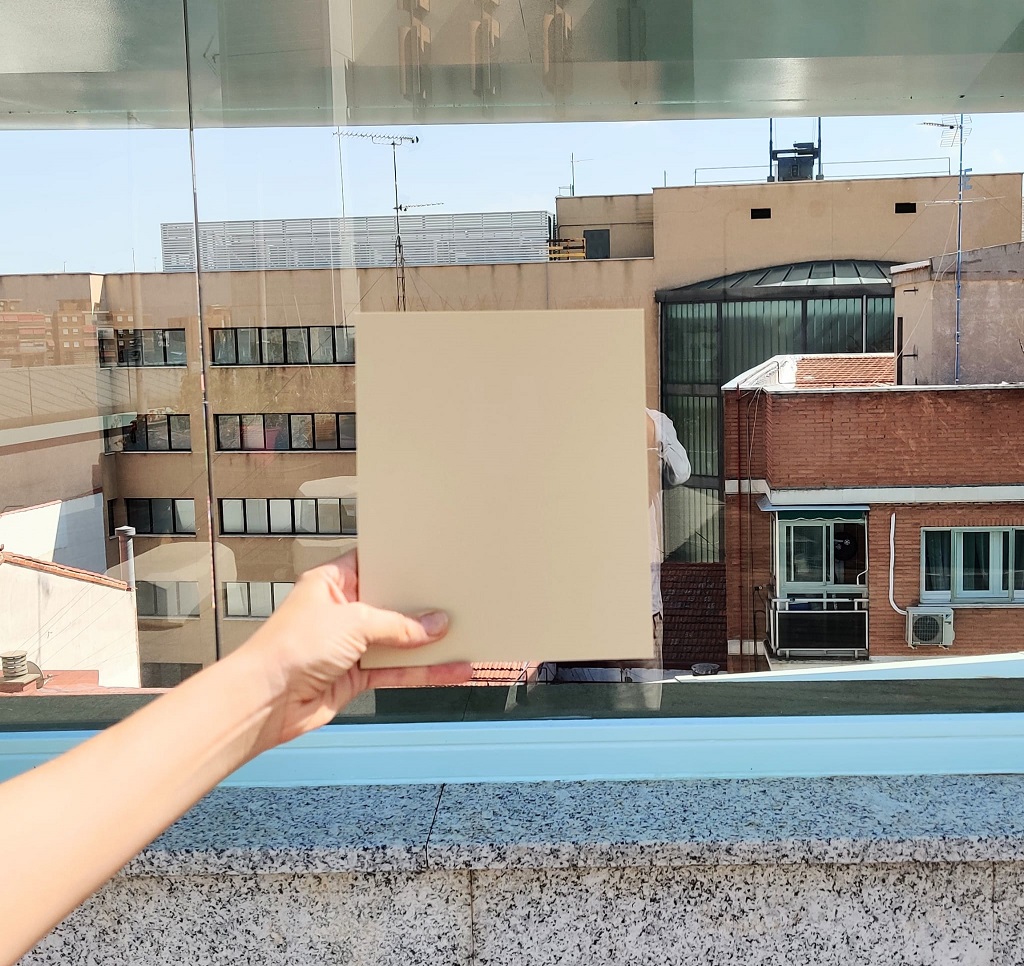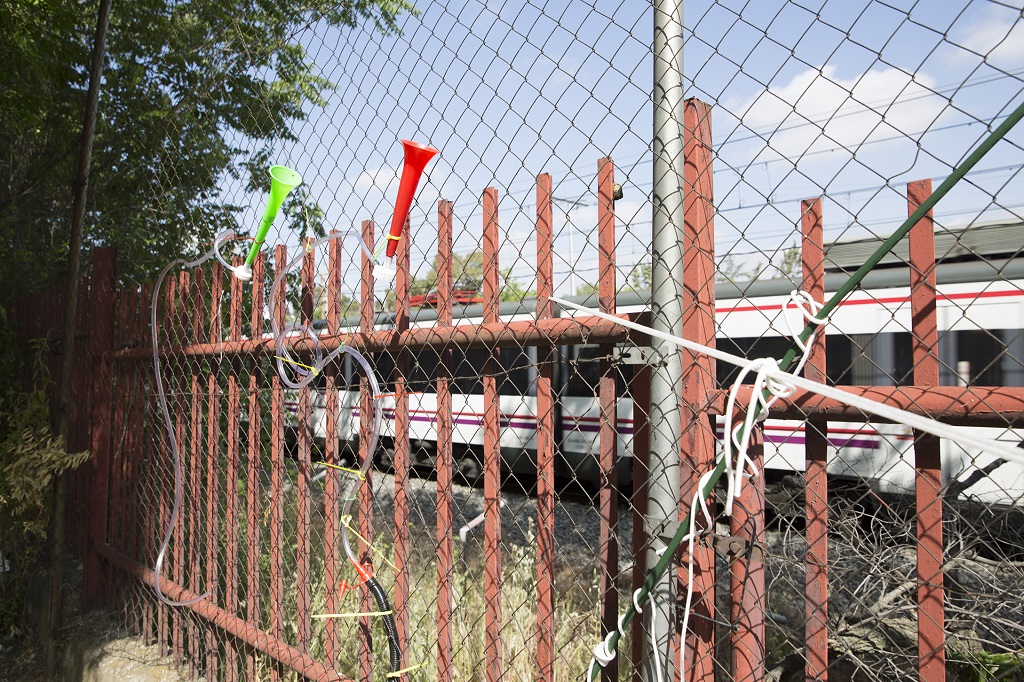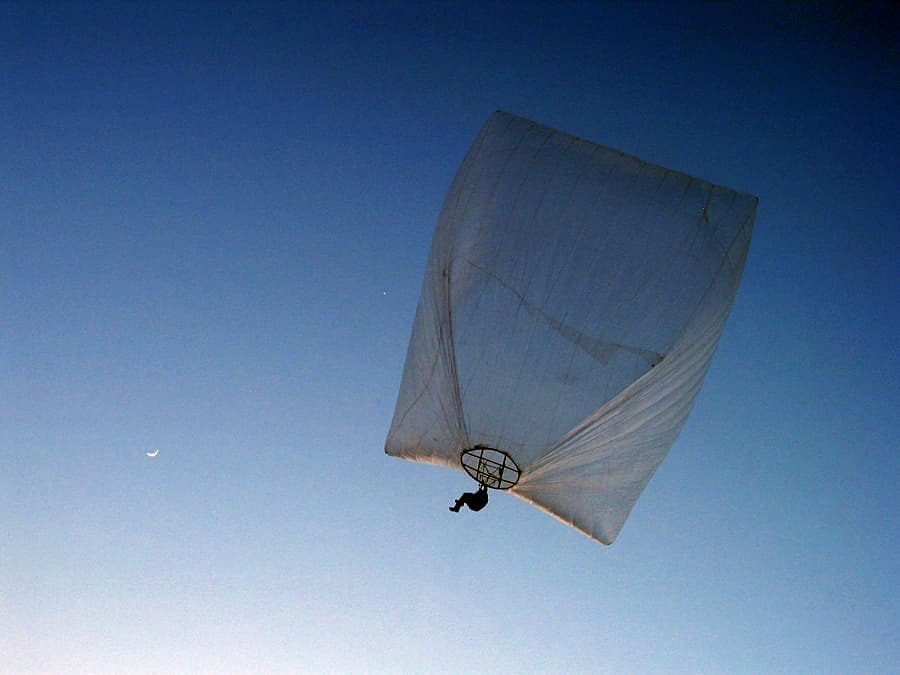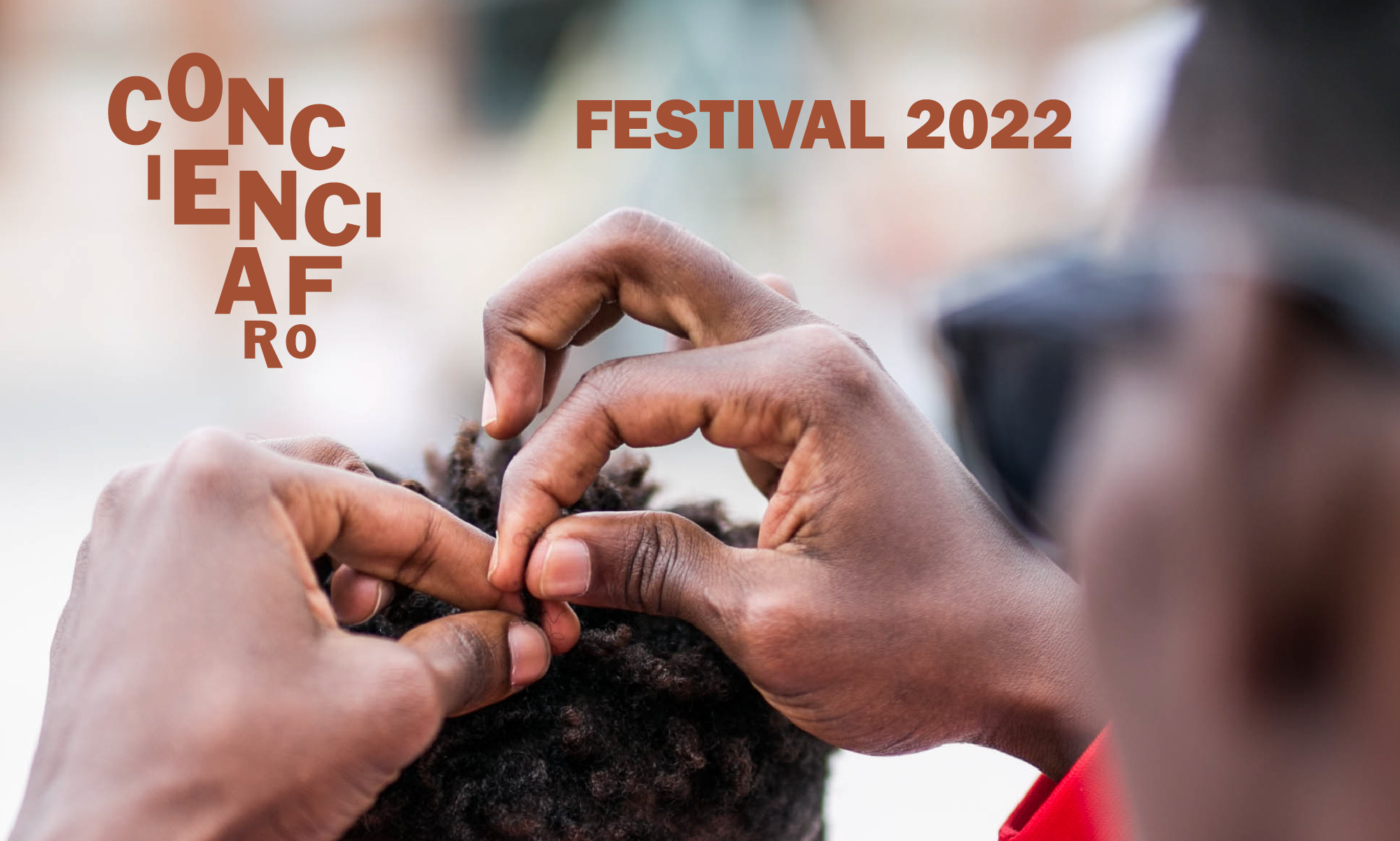Since its inception, the Roof Terrace Garden was conceived as a space with a mission to go much further than a simple organic agricultural school, and with the goal to build a community. Today that challenge is more pressing than ever, and for this reason we need to open up our horizons and underscore the need for a direct practice of sustainability in cities, reinforcing concepts like grow-your-own, self-sufficiency, DIY and kilometre-0 production, incentivizing a culture of proximity.
Cities are a big drain on resources. They have to import almost all their needs and are highly vulnerable to the challenges thrown up by the growing and now palpable environmental crisis. But cities are also a source of opportunities if you know how to make the most of their potential. Our current model for cities came into being under a set of parameters that no longer make sense for the twenty-first century. It is up to us to take stock of the situation and to change the model towards one more aligned with the needs of our decade. During the year of 2023, we will focus on the possibilities that cities can offer, with the goal of raising awareness among the wider community and to equip ourselves with the tools to understand our surrounding environs and transform it.
For this big challenge ahead, we are bringing on board the experience and collaboration of the Instituto de Transición Rompe el Círculo (Break the Circle Transition Institute) whose activity over the last decade has been focused on sustainability in cities, taking Móstoles as a groundbase for experimentation. With this purpose in mind, the Roof Terrace Garden now becomes the Community Sustainability Laboratory.
PROGRAMME 2023
Thursday 2 February 11:30-1:30 pm. Introduction to gardening in terraces. A roof terrace offers lots of possibilities no matter how small it is. In this workshop we will take a look at some of the new tendencies in organic agricultural we could apply in our terraces, overviewing all the various methods of agro-organic farming.
Thursday 9 February 11:30-1:30 pm. Preparation of seedbeds and growing crops in greenhouses. The creation of our own seedbeds is a simple technique we should learn to begin our own vegetable garden from scratch and how to accommodate the new plants into our available space. In addition, growing crops on a roof terrace has the advantage of making the most of a nearby space with a regular temperature which is higher than the general outside temperature at this time of year, thus allowing us to bring forward planting and growing to ensure a crop of early spring vegetables.
Thursday 16 February 11:30-1:30 pm. Designing a roof terrace vegetable garden. We will learn to make the most of available space in all directions, understand the plays of light and shadow and use them in our favour to obtain the greatest possible production in the least space possible. Vertical gardens, microclimates, direction, materials.
Thursday 23 February 11:30-1:30 pm. Growing in pots. A terrace is an artificial growing area but this should not prevent us from growing natural vegetables. With a good substrate and the right pots, we can plant whatever we like.
Thursday 2 March 11:30-1:30 pm. Companion planting. A good way of being able to grow the greatest number of plants in the least space possible is to learn to plant different crops in proximity and tips to grow with less space between plants than normally recommended.
Thursday 9 March 11:30-1:30 pm. Irrigation systems for terraces. The choice of a good watering method is crucial for the success of our crops. We will show you how to choose the best system for your little vegetable garden in such a way that we will use the least amount of water possible while ensuring that our plants get all the moisture they need. Irrigation systems, watering cans, gravity irrigation, self-watering.
Thursday 16 March 11:30-1:30 pm. Spring planting. In this workshop we will address the planting of vegetables we had previously prepared in seedbeds and we will learn to plant both with root ball and with direct sowing.
Thursday 23 March 11:30-1:30 pm. Preparing remedies and preventive measures against plagues. The fact of living in a city does not free us from the typical plagues that affect plants. We will learn to prevent attacks and prepare remedies and liquid fertilisers for our plants.
Thursday 30 March 11:30-1:30 pm. Companion planting in organic gardening. Companion plants are those that help us, among other things, to attract pollinating insects. This is even more necessary in cities due to the scarcity of auxiliary fauna.
In addition, at the end of the month of March, CA2M will host a plant cutting exchange for the third time. This year, besides exchanging indoor and outdoor plants, we will be carrying out a kokedamas workshop after which you will be able to take your new plant home with you, ready to go into its chosen place.
Entrance
Since its inception, the Roof Terrace Garden was conceived as a space with a mission to go much further than a simple organic agricultural school, and with the goal to build a community. Today that challenge is more pressing than ever, and for this reason we need to open up our horizons and underscore the need for a direct practice of sustainability in cities, reinforcing concepts like grow-your-own, self-sufficiency, DIY and kilometre-0 production, incentivizing a culture of proximity.
